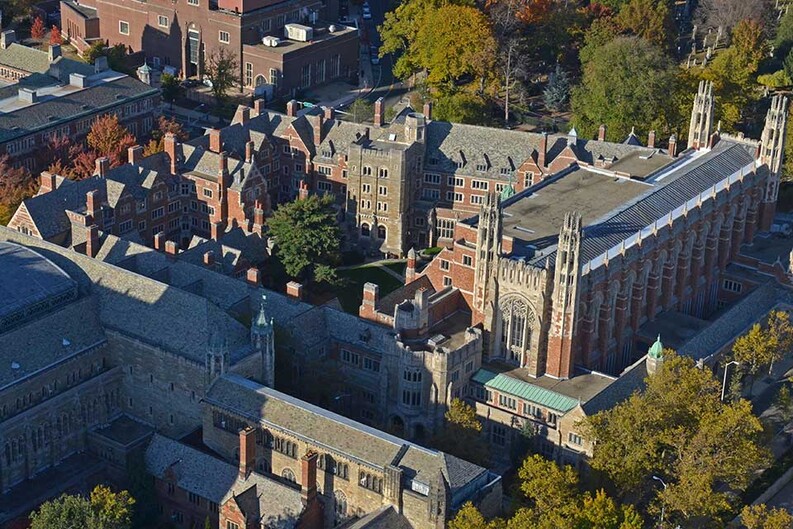YLS Students & Faculty Oppose Proposed Surveillance of Immigrant Social Media Information

On October 18, 2017, 111 Yale Law students and faculty submitted a public comment to the Department of Homeland Security (DHS) opposing the agency's potential overreach of its surveillance powers. In September, DHS proposed a rule that would authorize the collection of social media information of all individuals who will interact or have previously interacted with the U.S. immigration system. The comment details how the sweeping regulation could unlawfully suppress immigrants’ speech and associational rights, discriminate against naturalized citizens, and violate constitutional and statutory privacy protections.
“This rule is an unprecedented expansion of the government’s authority to collect and permanently store individual social media information,” explained Catherine Martinez ’19, one of the comment’s authors. “It would threaten the constitutional rights of millions of immigrants.”
Last month, DHS published a new rule in the Federal Register amending the alien file system. Under the rule, the government can collect “social media handles, aliases, associated identifiable information and search results” of any individual who has interacted or will interact with the U.S. immigration system from “publicly available information obtained from the Internet, public records, public institutions, interviewees, [and] commercial data aggregators.” This rule would significantly expand the types of records DHS collects, and cover permanent residents and naturalized citizens.
This sweeping change prompted members of the Yale Law School community to publish a comment during DHS’s notice-and-comment period. Students with different fields of expertise, including the First Amendment, immigrants’ rights, and anti-discrimination, collaborated to draft the comment and secure over 100 signatories. Those students are Sameer Jaywant ’18, Diana Lee ’19, Catherine Martinez ’19, Paulina Perlin ’19, Amber Qureshi ’19, Alex Wang ’19, and Regina Wang ’18. Hannah Bloch-Wehba, Stanton First Amendment Fellow and Clinical Lecturer in Law, and Marisol Orihuela, Clinical Associate Professor of Law, advised and provided feedback on the comment.
The comment explains the significant constitutional concerns with the proposed regulation.
“It is vague and overbroad, which could unconstitutionally chill the freedom of speech and associational rights of all immigrants,” explained Regina Wang ’18. “DHS is also targeting naturalized citizens while excluding natural-born citizens, which sends the message that naturalized citizens are inherently suspicious and second-class citizens. This violates the Constitution, Supreme Court precedent, and basic American values.”
Finally, the comment explains how the proposed rule threatens statutory privacy protections under the Stored Communications Act and further might violate Fourth Amendment privacy protections, depending on its implementation.


